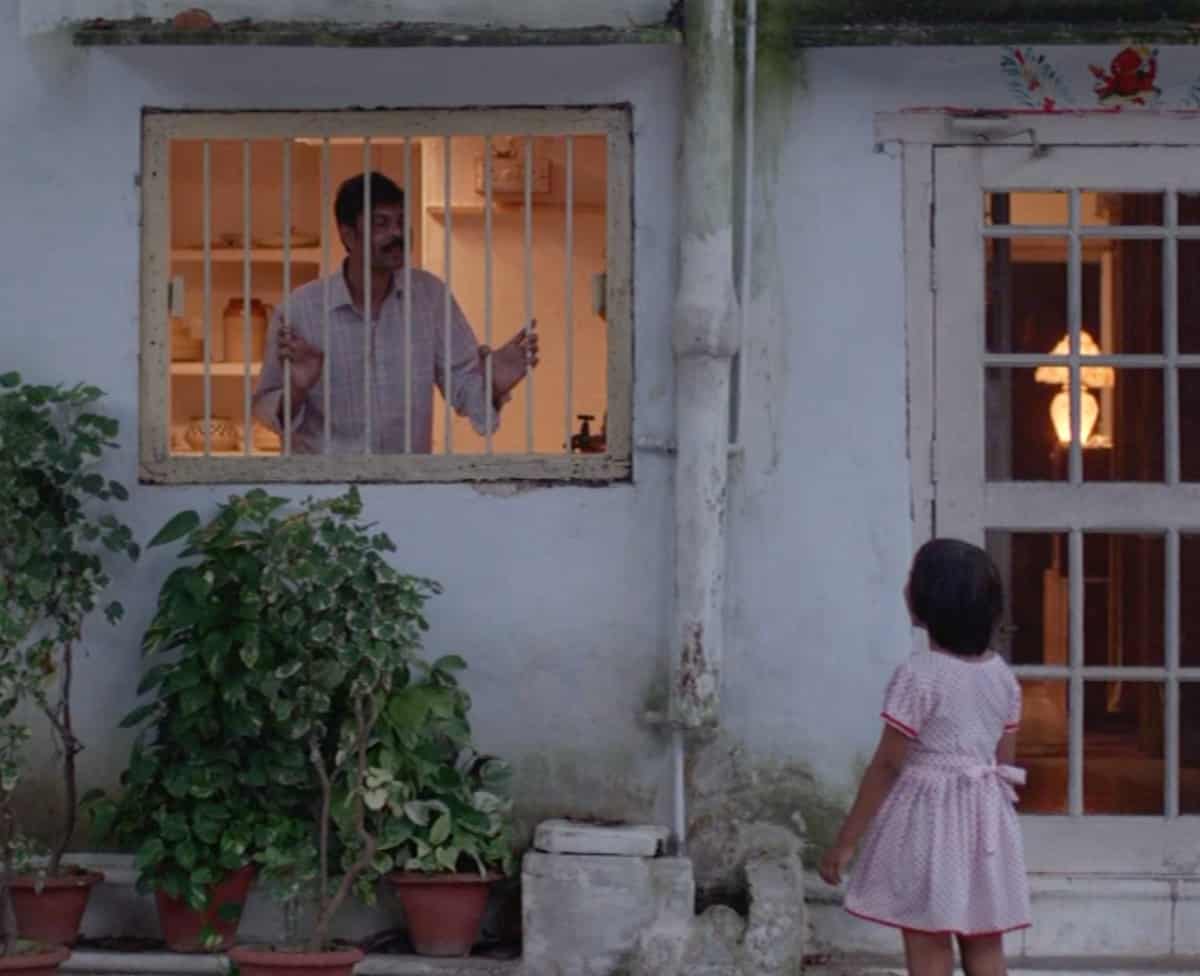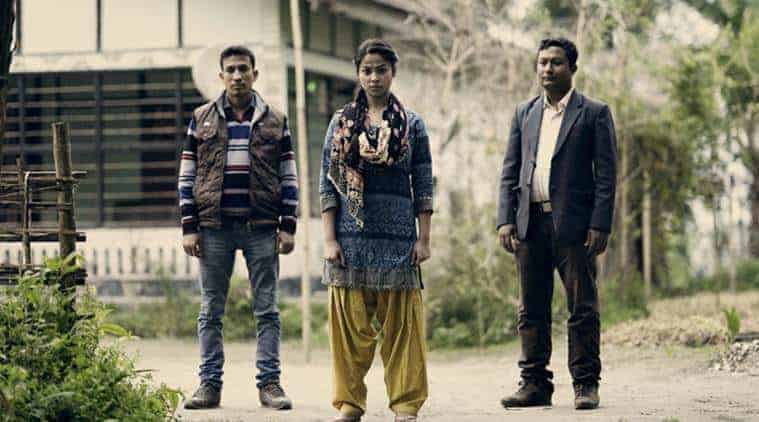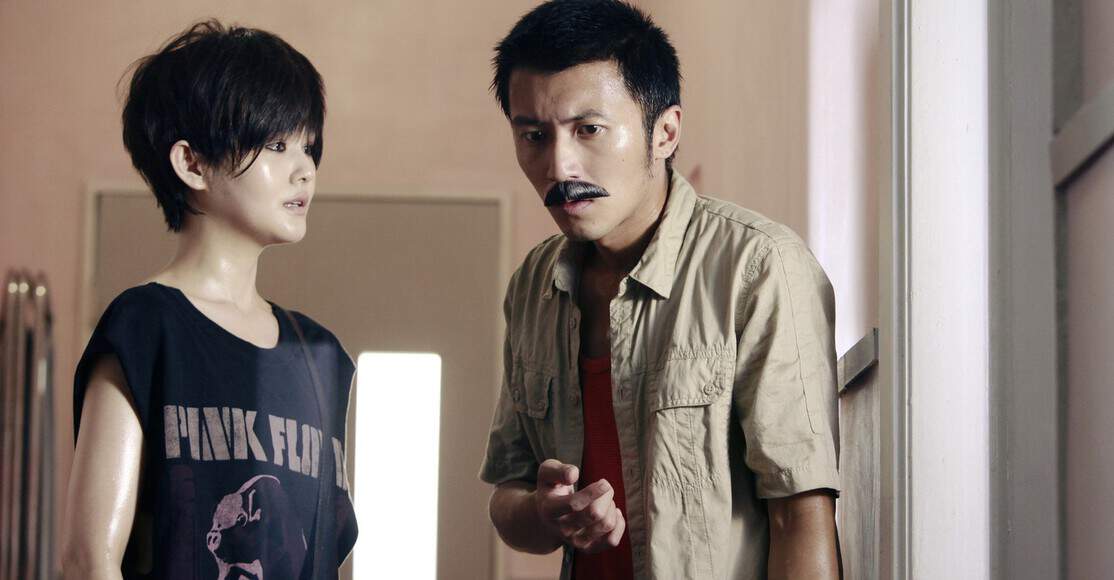Although abolished by the Indian constitution in 1950, the caste system is still at large in the country, and was even more so in 1962, when “Shankar's Fairies” takes place. Irfana Majumdar creates a narrative that comments on inequality, by implementing a rather personal approach to the movie. The script is based on the childhood memories of her mother Nita Kumar, who is the writer, producer and production designer on the film; and Majumdar's husband Gaurav Saini serves as associate director and casting director and also plays the police officer. Furthermore, the production is self-financed by the family, while the house the story takes place was Majumdar's grandparents' house
“Shankar's Fairies” is screening in Locarno Film Festival

Shankar, a village man of many skills, is the indispensable butler in the household of a senior police officer, whose rank and caste has brought to the top of the “food chain”, along with his wife, both of which seem to consider that fact and the divide with the rest of the household, which actually includes a number of policemen, natural order. His boss appreciates Shankar, and his wife leans on him heavily for a number of duties, including British cuisine, which he implements following his written orders. Furthermore, Shankar has a precious relationship with the family's daughter, Anjana, who loves hearing his stories from the country, and especially the one about fairies, which has led her into always following him around. At the same time, however, the difference in rank between him and the members of the family is rather obvious, with the landlady in particular, always stressing the fact through her orders and overall attitude. Eventually, Shankar's daughter back in the village falls ill, and he has to travel back repeatedly, something that causes much annoyance to the lady.
Told through the perspective of Anjana, with Shreeja Mishra giving a rather adorable performance in the part, “Shankar's Fairies” is presented as a children's movie, in a deceptive way, however, since the point of the narrative is revealed to focus on the sociopolitical comments, quite early on, through an episodic approach that adds much to the entertainment the movie offers.
In that fashion, the order the various people have in the story is rather palpable, while surprisingly, Shankar seems to be placed higher than the policemen in the service of his boss, a fact that is repeatedly presented through the orders he gives and the way he tells them off when they make a mistake. Shankar's relationship with the family and particularly the lady of the house also moves in the same direction, with the scene where she is talking with a friend of hers who praises his cooking skills, only for her to emphasize that is due to her handling of him that he has manages to achieve such a level, being one of the most indicative and more memorable in the film. A number of dinner scenes also showcase the landlord's mentality, with the question of a guest, “Is it necessary for the police to kill people?”, receiving a shockingly pragmatic positive reply from him, and the same happening to the repeating questions of Anjana a bit later on.

This combination of the voyeuristic approach through the eyes of the child and the deep context presented through the episodes works excellently for the narrative, carrying the movie for the whole of its already economical 93 minutes. This element also benefits the most by Sunny Banerjee's cinematography who captures the child's eyes' views quite artfully, while highlighting the house in a way that gives it contextual meaning but also exemplifies its beauty, particularly in the night scenes, which are lighted just through candles. Tanushree Das's editing implements the episodic nature quite nicely, with him giving just the required time to each scene, in order for the comments to be presented adequately. The overall approach in editing also gives a sense of speed to an otherwise slow film, also adding to the entertainment it offers.
The acting is on a very high level too, with Jaihind Kumar as Shankar, Majumdar herself as the Lady and Gaurav Saini as the Lord depicting their characters and their class difference in the most eloquent fashion, both through their lines and their body stances, and their placements in the various frames.
“Shankar's Fairies” is an excellent movie that manages to be both personal and universal, particularly in the way the memories of the family are implemented for social commentary.















